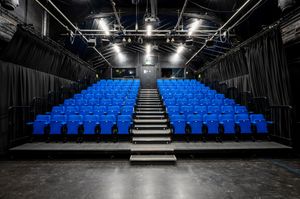Autism is a lifelong developmental disability that affects how people perceive the world and interact with others, and according to the Office for National Statistics (February 2021), a report shows that autistic people are the least likely to be in work of any other disabled group - just 21.7% of autistic people are in employment.
This week, as Autism Acceptance Week is marked across the UK, West End Centre, Aldershot is celebrating two of its colleagues who wanted to share their experience of working and volunteering with autism. Ben (Kickstart Art Trainee) and Daniel (Daytime & Front of House Volunteer) sat down with Alana (Community Programme Coordinator) to share their experiences.
Ben – Kickstart Art Trainee
Ben started his role at West End Centre’s in November of last year. Before Ben began working at the West End Centre as a Kickstart Art Trainee, he had just finished 3 years of Illustration at UCA Farnham and was fed up with lockdown, wanting desperately to begin experiencing culture again.
During his time at West End Centre, Ben loves to doodle with art prompts, specifically in relation to national holidays, i.e. World Pizza Day. "I have doodled 36 drawings since my first day at work and I intend to doodle until my last day of work when my Kickstart placement runs out."
Ben's artwork is proudly on display in the Westy admin office, injecting its own life and colour into the vibrant venue.
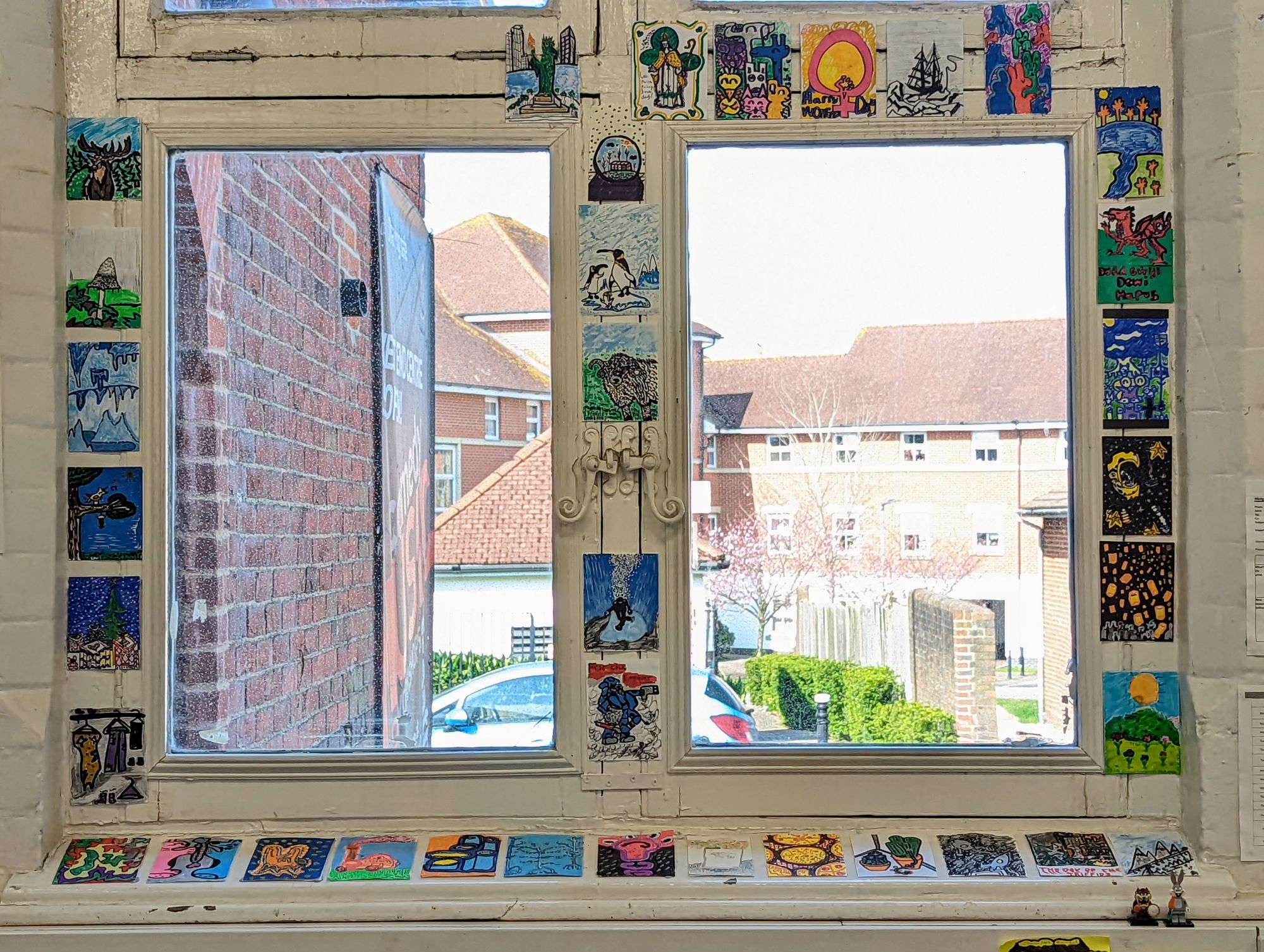
How did you find out about the Kickstarter Trainee post?
When I began my journey back to the world of work, I found myself overwhelmed with the swarms of careers that were posted every day to the Kickstart scheme job board. So, I decided to use the job filtering website Creative Alliance to help me focus my job searches into the artistic, musical and cultural work environments I was looking to work within as an autistic employee.
With the help of Creative Alliance’s organised and helpful website, it wasn’t long before I came across the Kickstart Trainee role at the West End Centre. I forwarded it on to my work coach and the rest is, as they say, history.
Why did you apply for the role at the West End Centre? What interested you about it?
Throughout my life, I’ve been drawn to small venues that attract unique and imaginative people from all walks of life, especially when that includes seeing my favourite bands or discovering new local artists and seeing their displayed works of art.
Also, I find I have had more memorable moments within the walls of smaller venues like the Westy and I really enjoy feeling the combined enthusiastic buzz within these venues compared to the coldness and lifelessness of gigs/exhibitions I’ve felt within the spaces of big corporate galleries and music venues. Highlights for me include head-banging to the Psychedelic Porn Crumpets at The Boiler Room in Guildford and working with a local graffiti artist and a bunch of creative young adults to paint a banner for the Farnham Maltings Festival a couple of years ago.
What was your experience of the recruitment process? Did you have support during the application?
I did receive help throughout my recruitment as I worked with a dedicated disability employment officer named Angela.
After outlining my autism and learning difficulties to the Jobcentre, I was recommended to work and have my meetings with her so she could help me with the navigation of the Kickstart job board and how to apply for work within the scheme.
Overall, I found that both working with the Jobcentre and Angela to find employment as an autistic employee, that they both collectively made returning to work for me much less stressful and anxiety inducing.
How have you found working at the West End Centre?
I’ve really enjoyed my time working within the West End centre, as every day has been a learning experience into the everyday going ons of these unique and exciting small venues. Throughout my time at the Westy, I’ve found myself doing all sorts of jobs from helping with the set-up and take down of the theatre before and after performances, to selling tickets to customers for the Westy’s shows at the Box office and helping the members of the public as a front of house usher by taking tickets and showing them to their seats.
Any top tips for any autistic people looking for work?
I advised actively searching for employers who are 100% welcoming to any neurodiverse people from any walks of life or to any disability and to always let job sites, jobcentres know of your neurodiversity, so they can offer you the help and support you need to find work.
Websites that I recommend you add to your bookmarks include exceptionalindividuals.com and neurodiversitynetwork.net as great online resources to help you with your journey to employment.
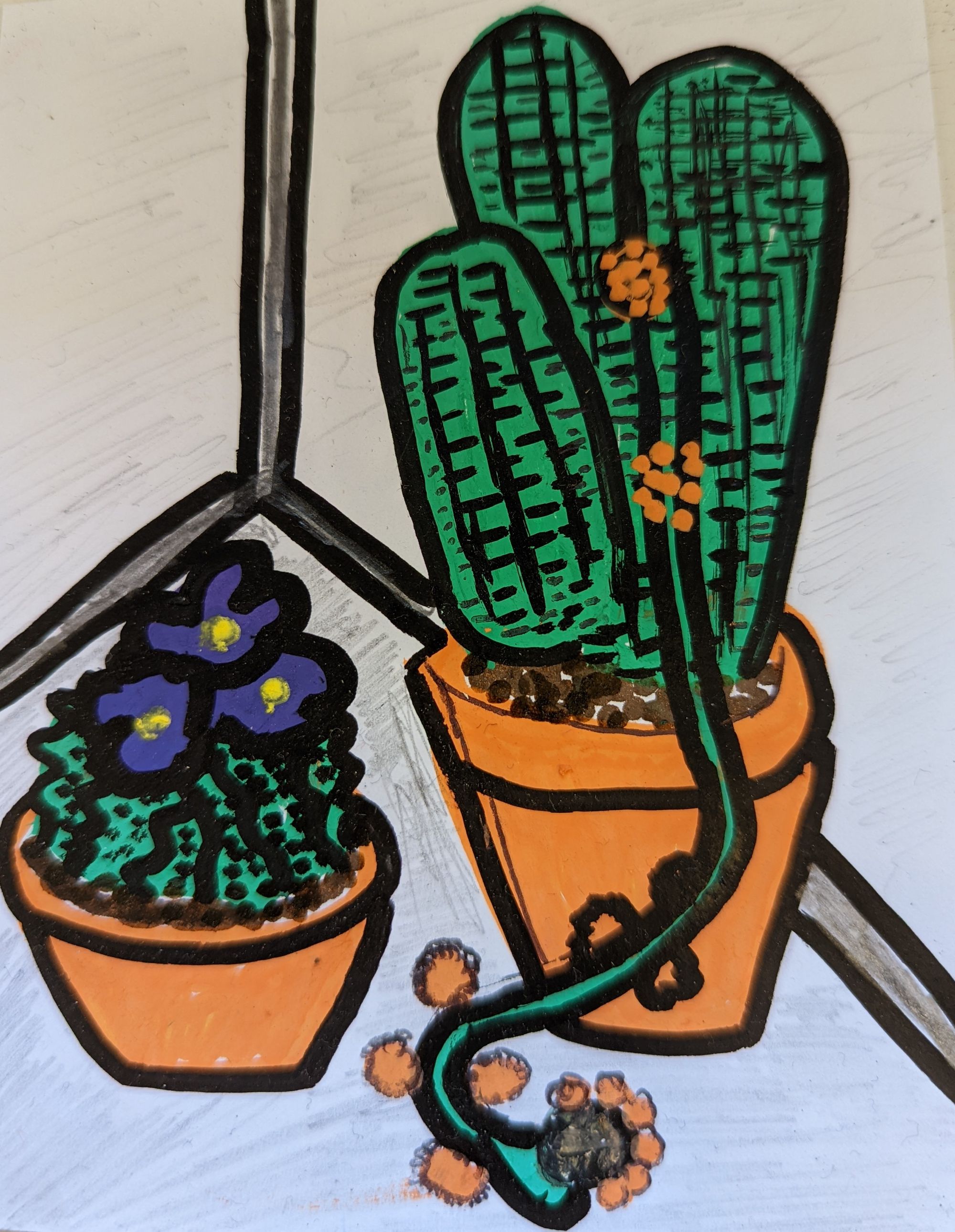

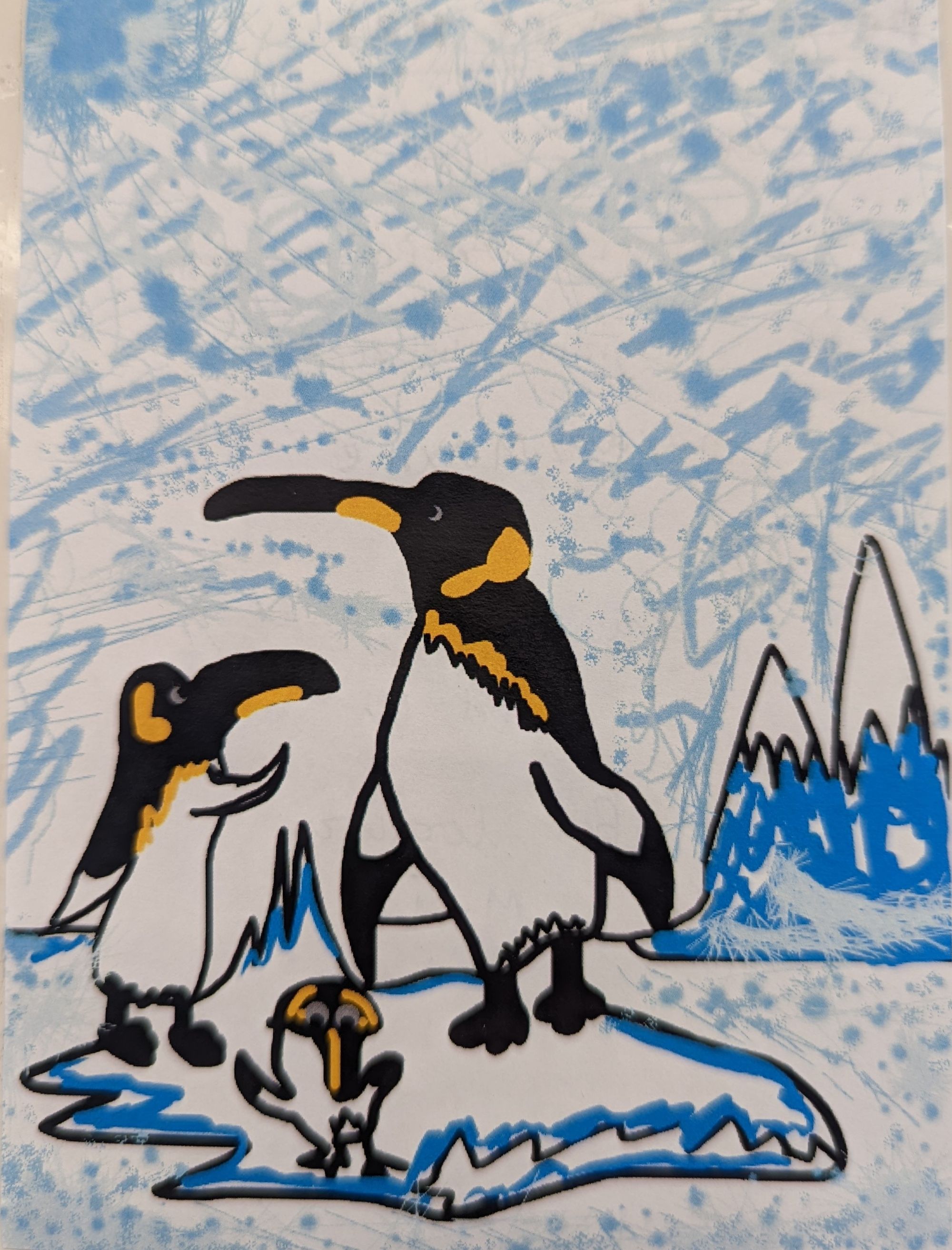
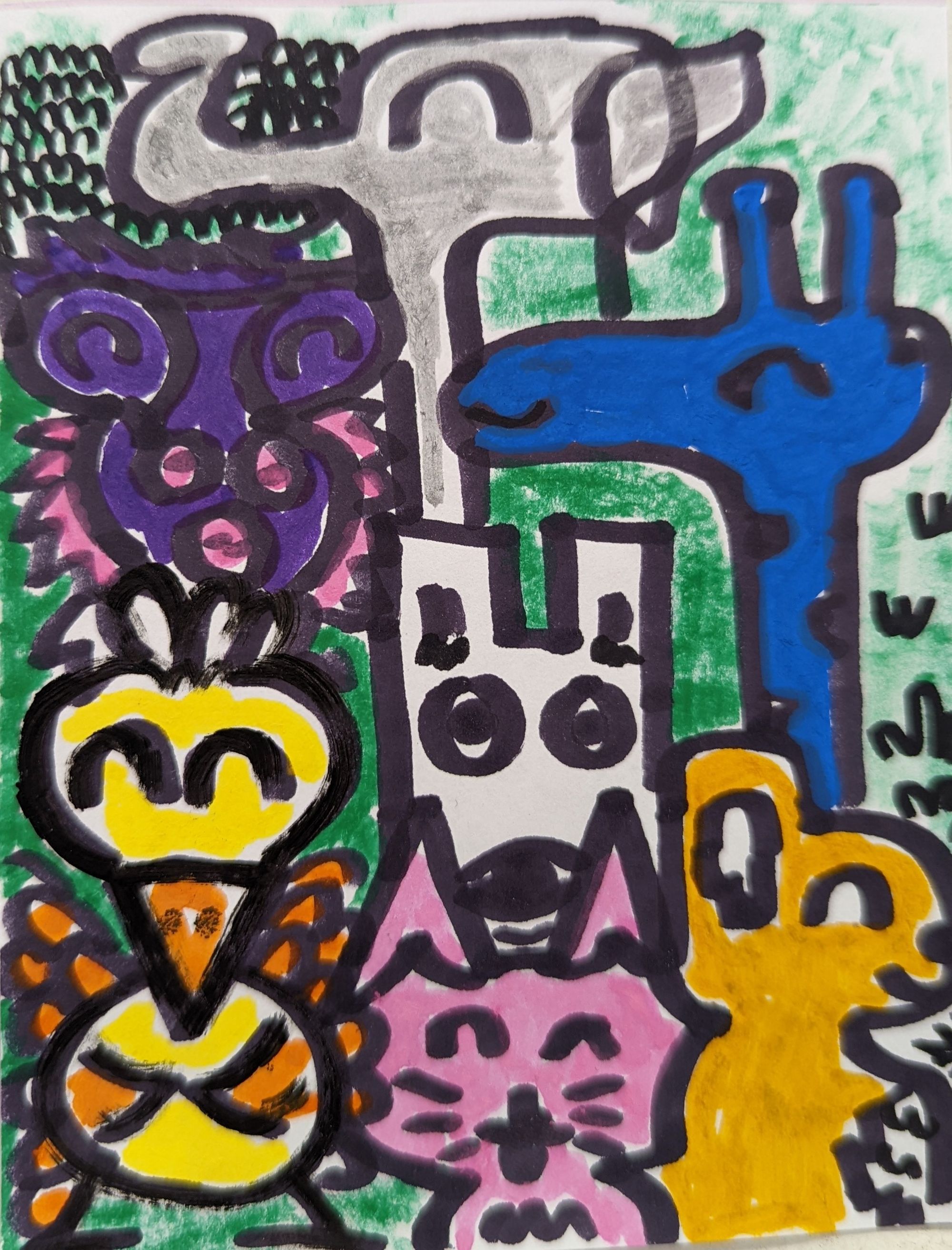
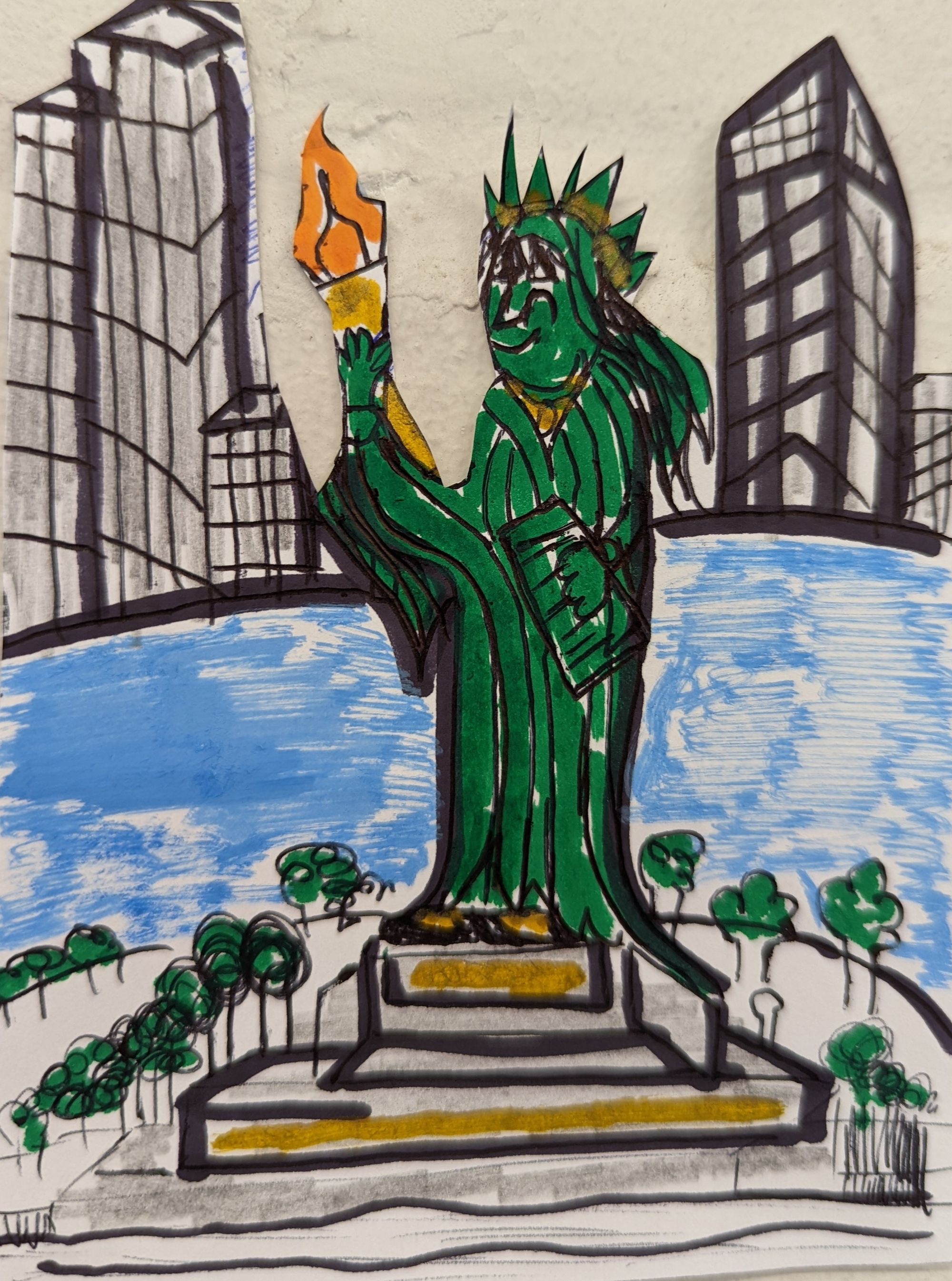
Daniel – Daytime and Front of House Volunteer
Daniel started volunteering at the West End Centre in 2016. Alongside volunteering at the Westy, Daniel volunteers at Aldershot Military Museum and Karuna Coffee. Daniel is a photographer and poet and is currently working as part of Autism Hampshire's experts by experience team that's providing autism training across Hampshire. You can find out more about Daniel on his website, The Autism Poet.

Why did you start volunteering at the West End Centre? What interested you about the role?
I used to be part of a drama group at the Wellbeing Centre where we performed the plays at West End Centre at least once a year. So, I had heard about and read about it, but didn’t really know much. Over two or three years, I gradually thought to myself "this looks exciting" and I had heard about Barney (previous Centre Director) being a great person to speak to. In 2016, I really wanted to do something as my life was falling apart and I wanted to do something, so I talked to the team and asked if they needed any volunteers - a meeting was swiftly arranged. Things then fell into place. I was just looking for something to do and the Westy piqued my interest and it was at the right time in my life.
How have you found volunteering at the West End Centre?
This question makes me really emotional. It has been the time of my life, it has been joyous, beautiful and exciting all rolled into one. It really has been the team who has made it special; Simon, Karrina, Jules and all the staff and volunteers at the Westy I have learnt a lot of things from. It has been a special five years and everyone has been part of my story here.
What do you enjoy about volunteering?
Meeting all of the artists who pass through on tour is a one thing I really enjoy as I have met some nice people performing at the Westy, as well as teachers who teach in the building. I really get a buzz meeting creative people. But also the help I can give people when they walk through the door - I really get enjoyment out of helping people. It is the reason I get up in the morning.
Part of it was also that I wanted to see what happened behind the scenes of the theatre - the bits people don’t see when they come to shows.

What are your roles as a volunteer?
It has evolved over the years. I do a bit of everything; I help set up rooms, greet people at the door, help set up for events, put up posters, show people to their seats and help the team when they need me.
Any top tips for any autistic people looking to volunteer at venues?
Just do it! People at the Westy are really accepting and tolerant and my autism is not my defining character when I am in the building, I am just Daniel. Also, venues can learn a lot from people with autism just by having them in the building. Training is good for staff, but what is helpful can be having someone permanently in the building.
Autistic people see, hear and feel the world differently to other people. If you are autistic, you are autistic for life; autism is not an illness or disease and cannot be 'cured'. Often people feel being autistic is a fundamental aspect of their identity.
Autism is a spectrum condition. All autistic people share certain difficulties, but being autistic will affect them in different ways. Some autistic people also have learning disabilities, mental health issues or other conditions, meaning people need different levels of support. With the right sort of support, all can be helped to live a more fulfilling life of their own choosing.
If you are interested or want more information on employing autistic people in your workplace, the National Autistic Society and Autism Hampshire have some great tips on their websites.




